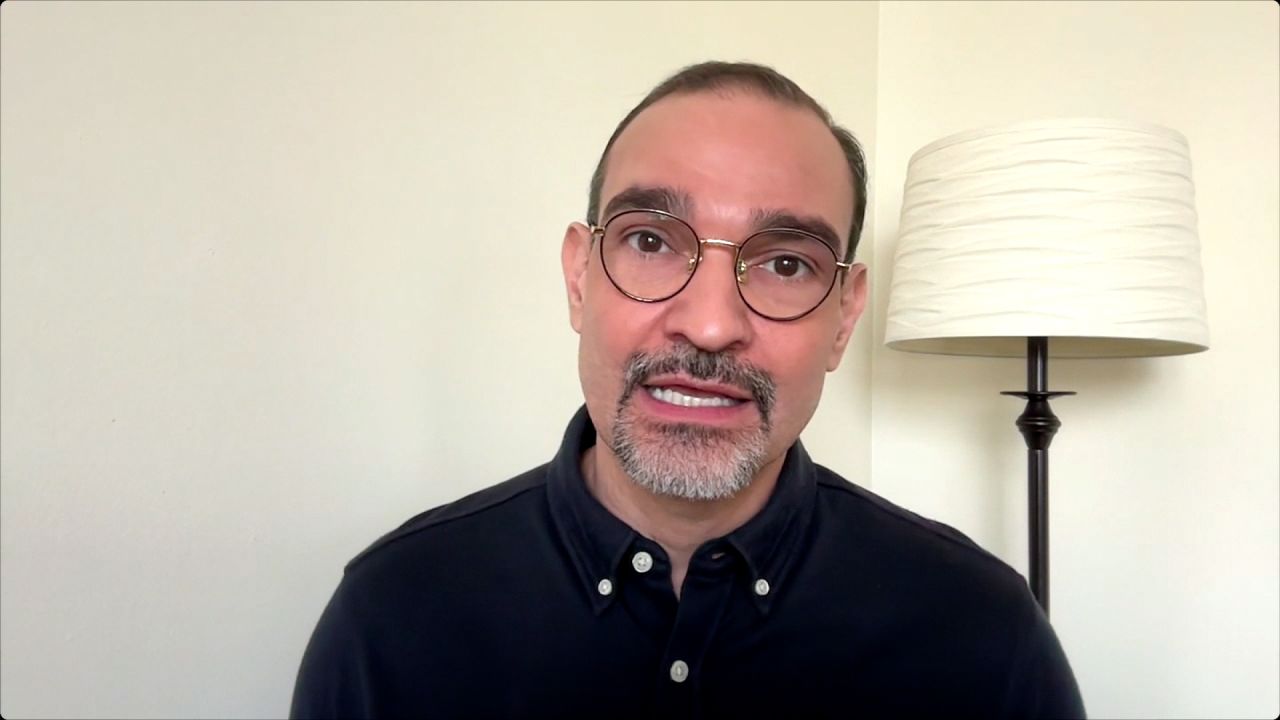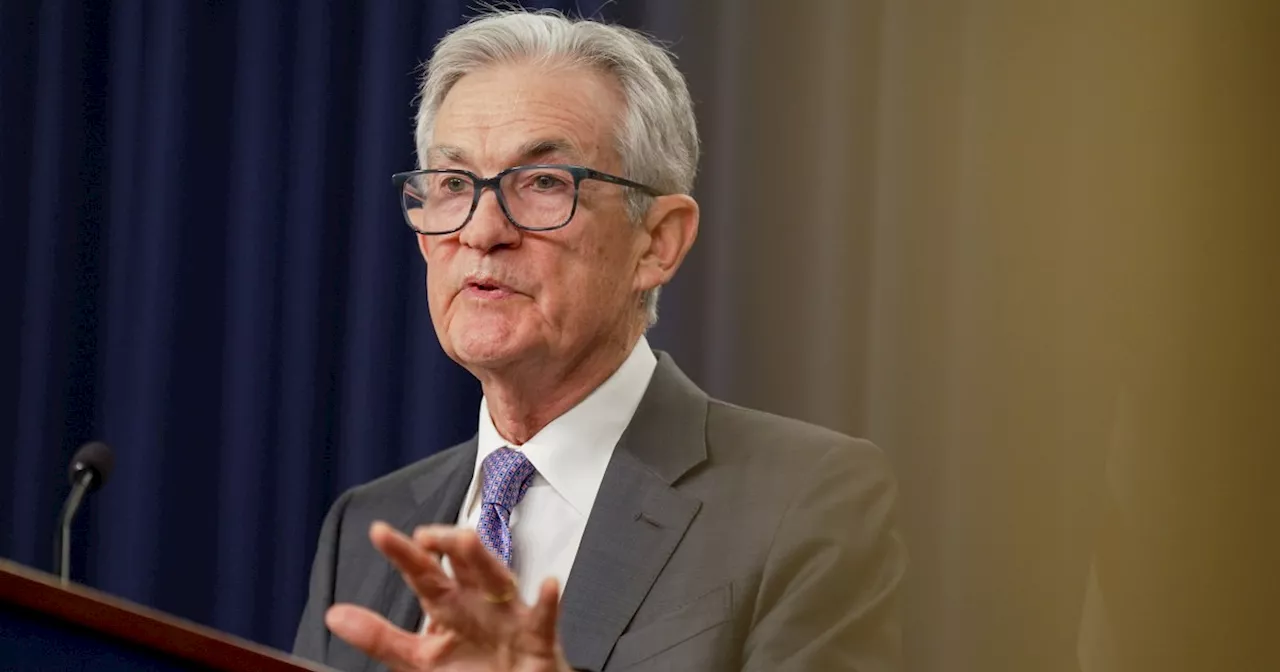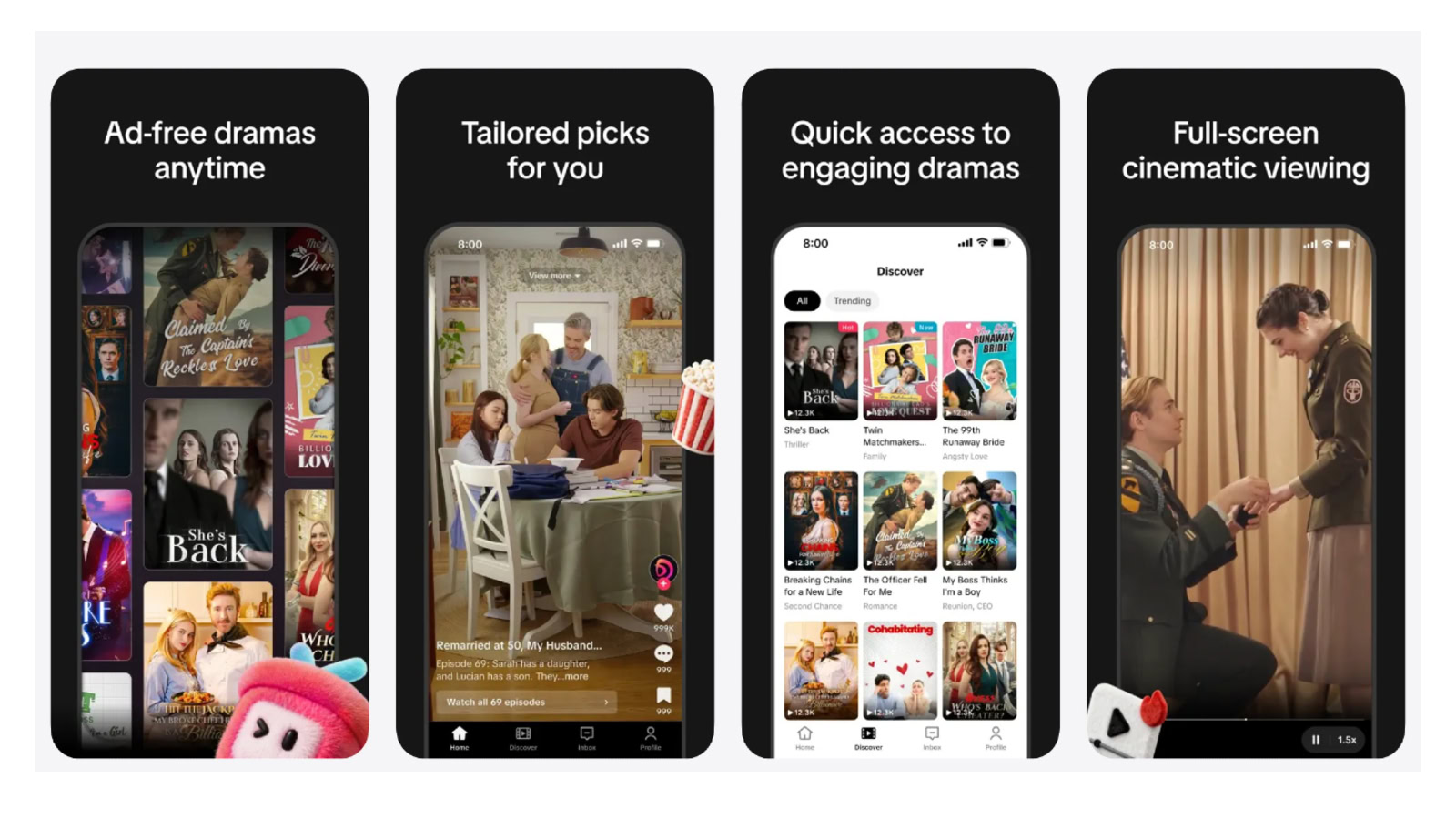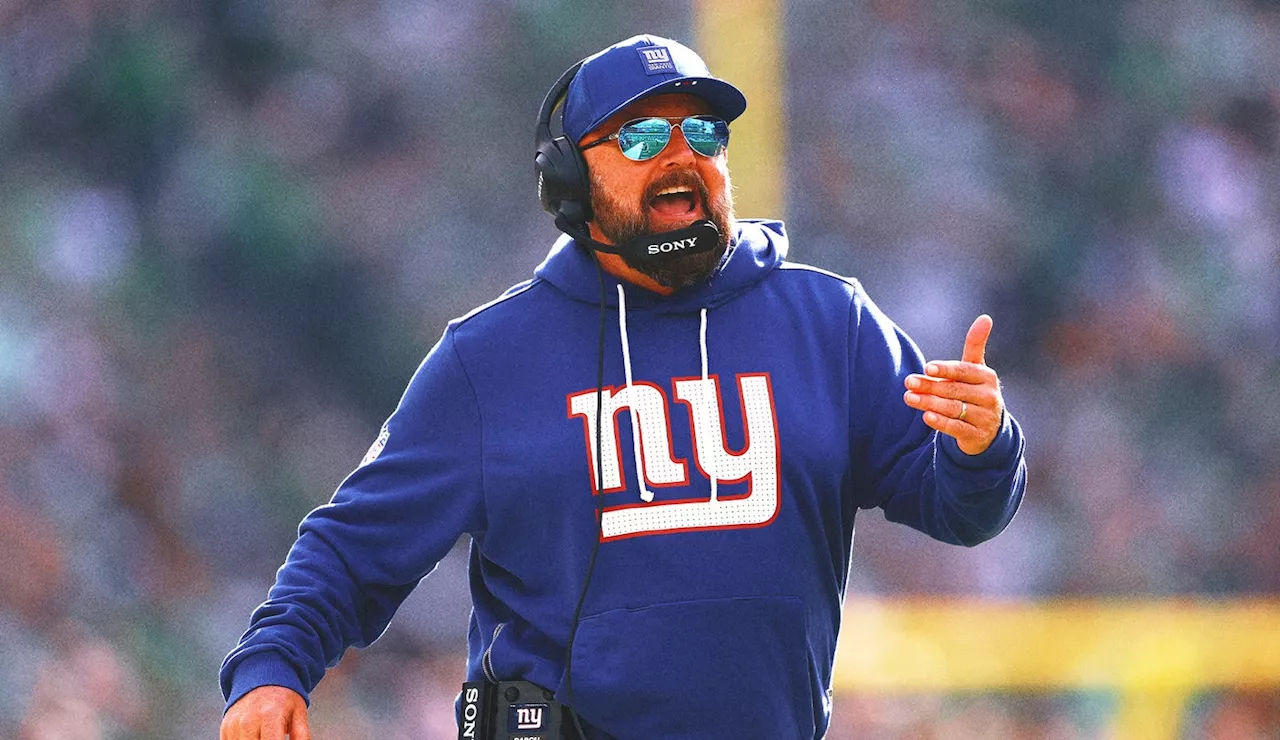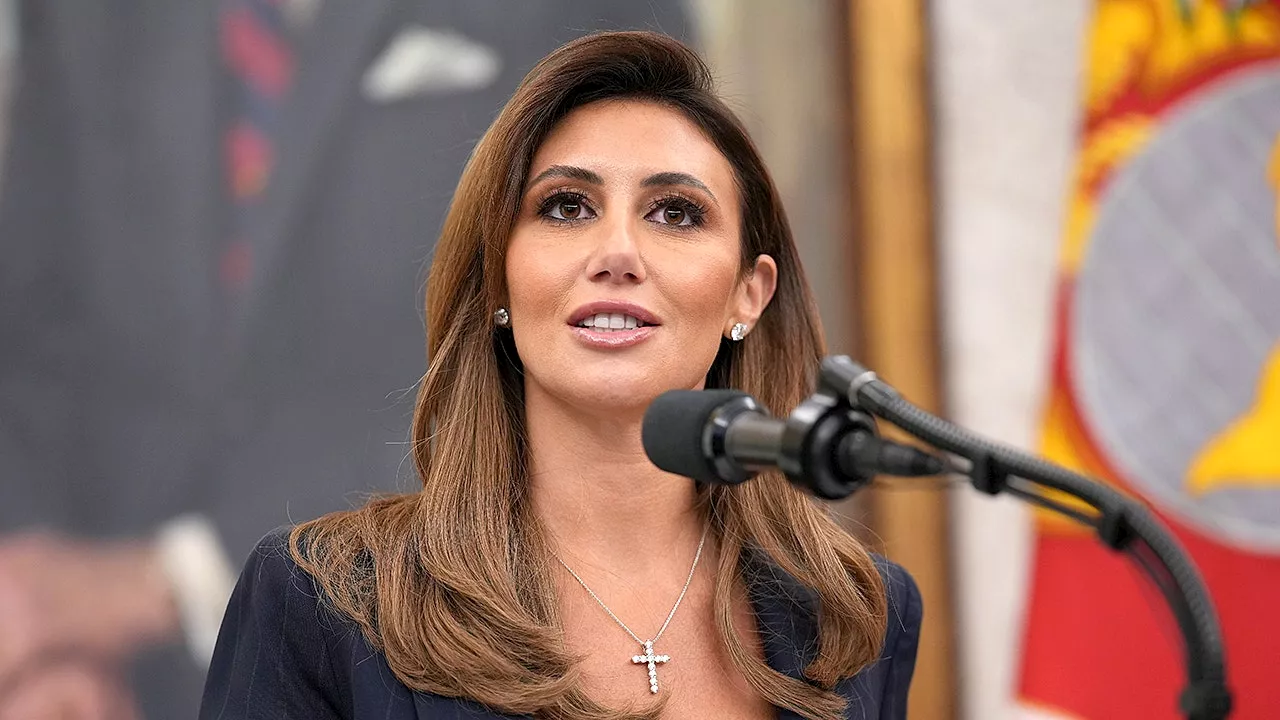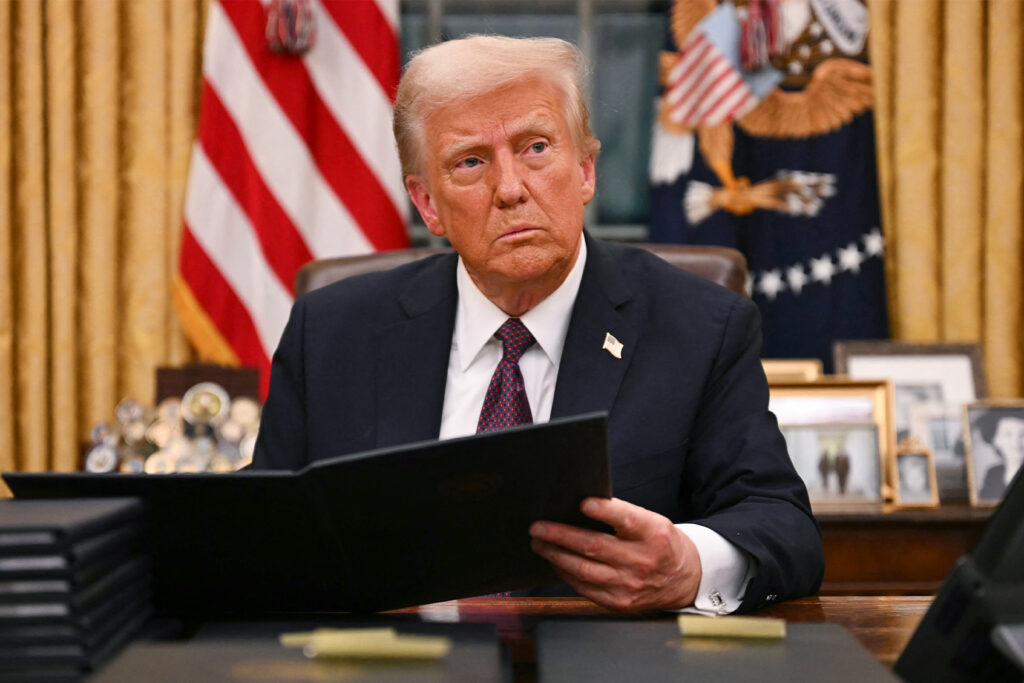
President Donald Trump has called for the release of grand jury transcripts related to the investigation of Jeffrey Epstein, a move that has drawn considerable criticism from legal experts. This demand follows a report from the Wall Street Journal highlighting a birthday note Trump allegedly sent to Epstein in 2003. In a post on Truth Social, Trump stated he directed Attorney General Pam Bondi to seek court approval for the release of any pertinent grand jury testimony.
Bondi responded promptly, indicating she would petition the court to unseal the transcripts. Despite this swift action, legal analysts have raised doubts about the effectiveness and sincerity of Trump’s request.
Legal Experts Question Intentions and Impact
Former U.S. Attorney for the Northern District of Alabama, Joyce Vance, pointed out on social media that the release of transcripts requires a judge’s approval, which could easily be denied. She added, “That’s probably the point. Trump can say, yet again, that he tried & the courts stood in his way.”
Moreover, critics have emphasized the limited scope of grand jury transcripts within the broader context of the Epstein investigation. Elie Honig, a former assistant U.S. attorney, noted that the entire Epstein file reportedly encompasses around 300 gigabytes of material, while grand jury testimony would represent a mere fraction of that. “Most witnesses don’t even go into the grand jury. They just talk to you in a conference room,” Honig stated on CNN, estimating that grand jury testimony might account for only about 1% to 2% of the overall evidence.
Political Reactions and Broader Implications
Further skepticism came from Kristy Greenberg, a former deputy chief of the criminal division for the Southern District of New York. She argued that the transcripts are unlikely to reveal any information implicating Trump. “Trump knows SDNY prosecutors seeking to indict Epstein and Ghislaine Maxwell didn’t ask questions about him in their grand jury presentations while he was POTUS,” Greenberg explained. “It’s a red herring to distract from the evidence that matters: witness interview notes, videos, photos, etc.”
Adding to the chorus of criticism, conservative attorney Heath Mayo suggested that the request signals a desire for “buried” information to remain hidden. He described the move as a “desperate defensive effort,” asserting that the grand jury testimony would not encompass the substantial evidence gathered during the investigation.
Democratic lawmakers have voiced similar concerns regarding Trump’s intentions. Representative Dan Goldman from New York took to social media to challenge Bondi’s efforts, asking, “What about videos, photographs and other recordings? What about FBI 302’s (witness interviews)? What about texts and emails? That’s where the evidence about Trump and others will be. Grand jury testimony will only relate to Epstein and Maxwell.”
As the political landscape continues to evolve, Trump’s latest maneuver raises questions about the intersection of legal strategy and public perception in high-profile investigations. The ongoing scrutiny surrounding Epstein’s case remains a significant point of contention, reflecting broader issues of accountability and transparency in political circles.
